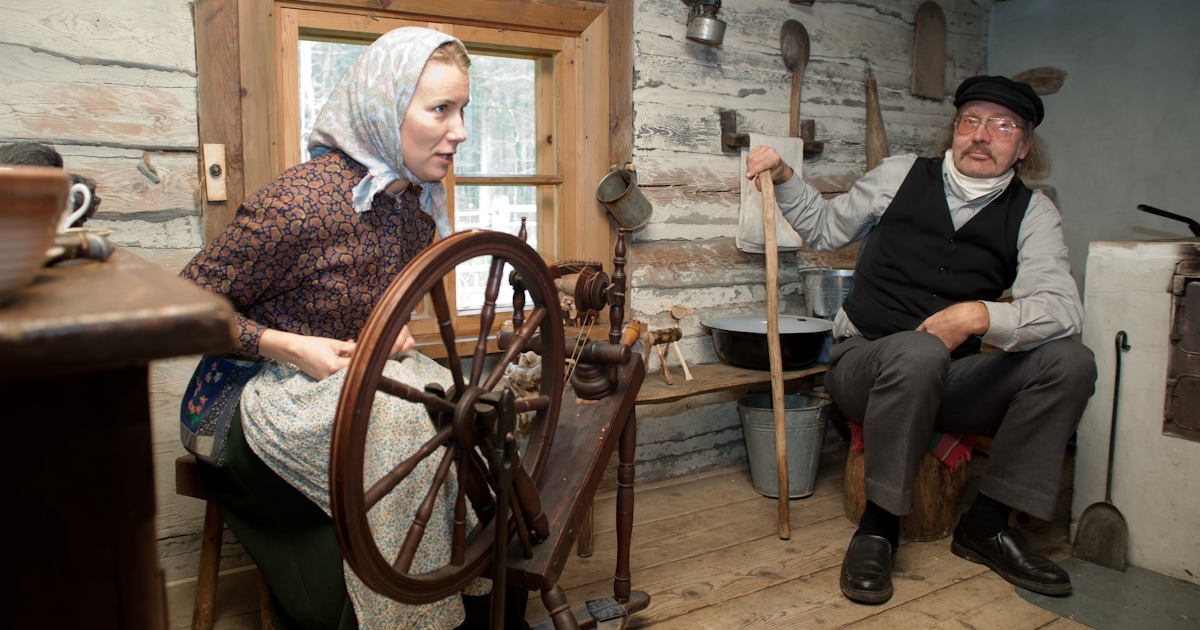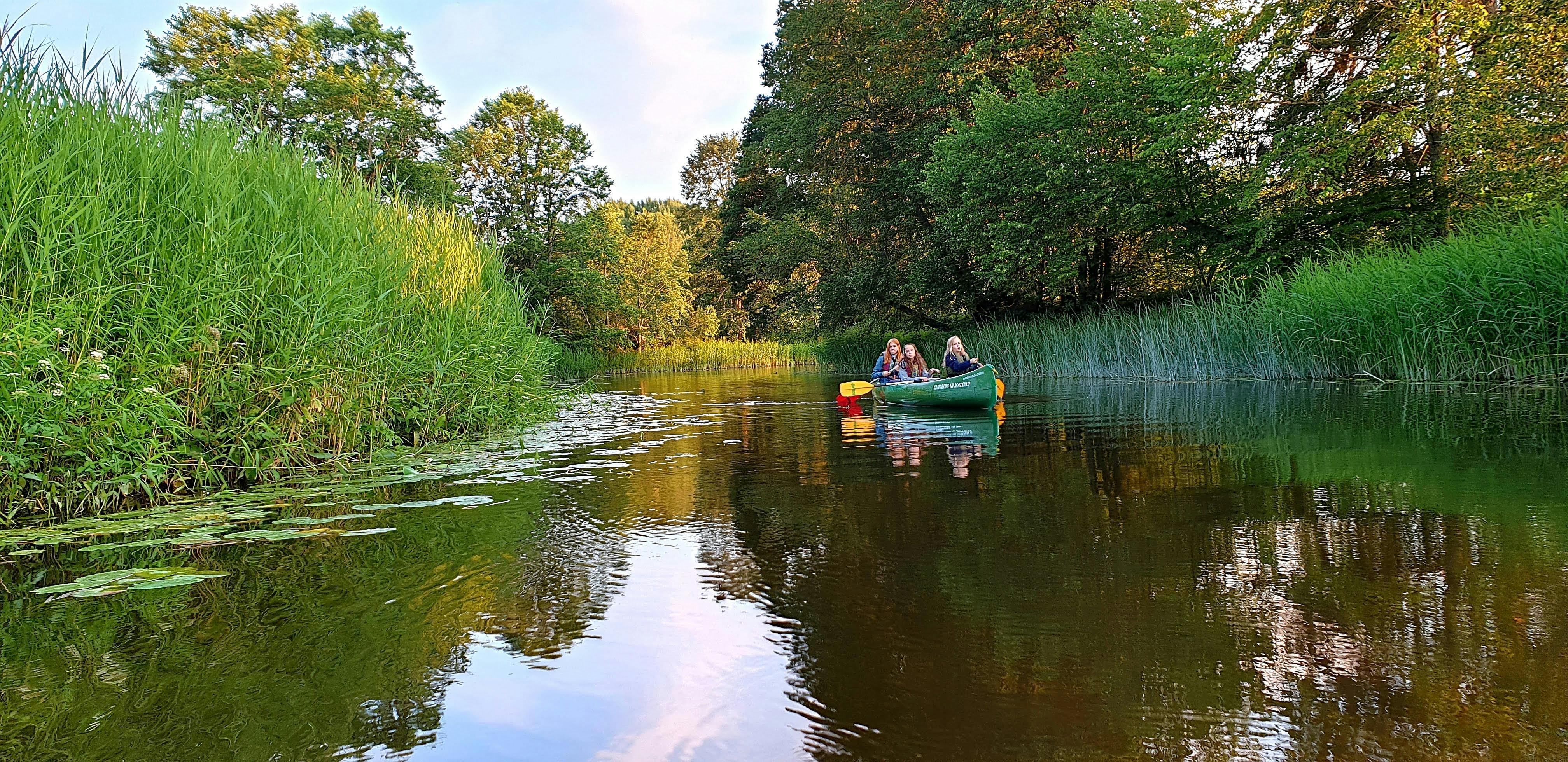Estonia is a small country located in northern Europe, bordering the Baltic Sea to the west and Russia to the east. It has a rich and diverse history, shaped by various foreign powers, wars, and economic changes.
The earliest known inhabitants of Estonia were the Finno-Ugric tribes, who arrived in the area around 10,000 years ago. Over the centuries, they developed their own distinct culture and language, which is still spoken in Estonia today.
In the 13th century, Estonia was invaded by German crusaders, who brought Christianity and feudalism to the region. The Germans established the Livonian Order, a military religious order that controlled much of Estonia and Latvia for several centuries. The Livonian War, which took place between 1558 and 1583, saw Estonia fall under Swedish rule.
During the 18th century, Estonia was part of the Russian Empire, and experienced a period of Russification. However, this was followed by a brief period of independence in 1918, after the collapse of the Russian Empire following the Russian Revolution. Estonia was recognized as an independent nation by the Soviet Union and other countries in 1920.
In 1940, the Soviet Union occupied Estonia, and it remained under Soviet control for over 50 years. During this time, Estonia experienced significant industrialization and modernization, but also suffered from political repression and cultural suppression.
In 1987, the Estonian people began a peaceful protest movement known as the Singing Revolution, which called for greater political freedom and autonomy. This movement gained momentum and eventually led to Estonia regaining its independence from the Soviet Union in 1991.
Since regaining independence, Estonia has undergone significant economic and political reforms, and has become one of the most digitally advanced societies in the world. It joined the European Union and NATO in 2004 and has since become a strong and active member of both organizations.
Today, Estonia is a prosperous and modern country with a diverse economy and a thriving culture. Its unique history and position at the crossroads of Europe and Russia make it a fascinating and important part of the European continent.

